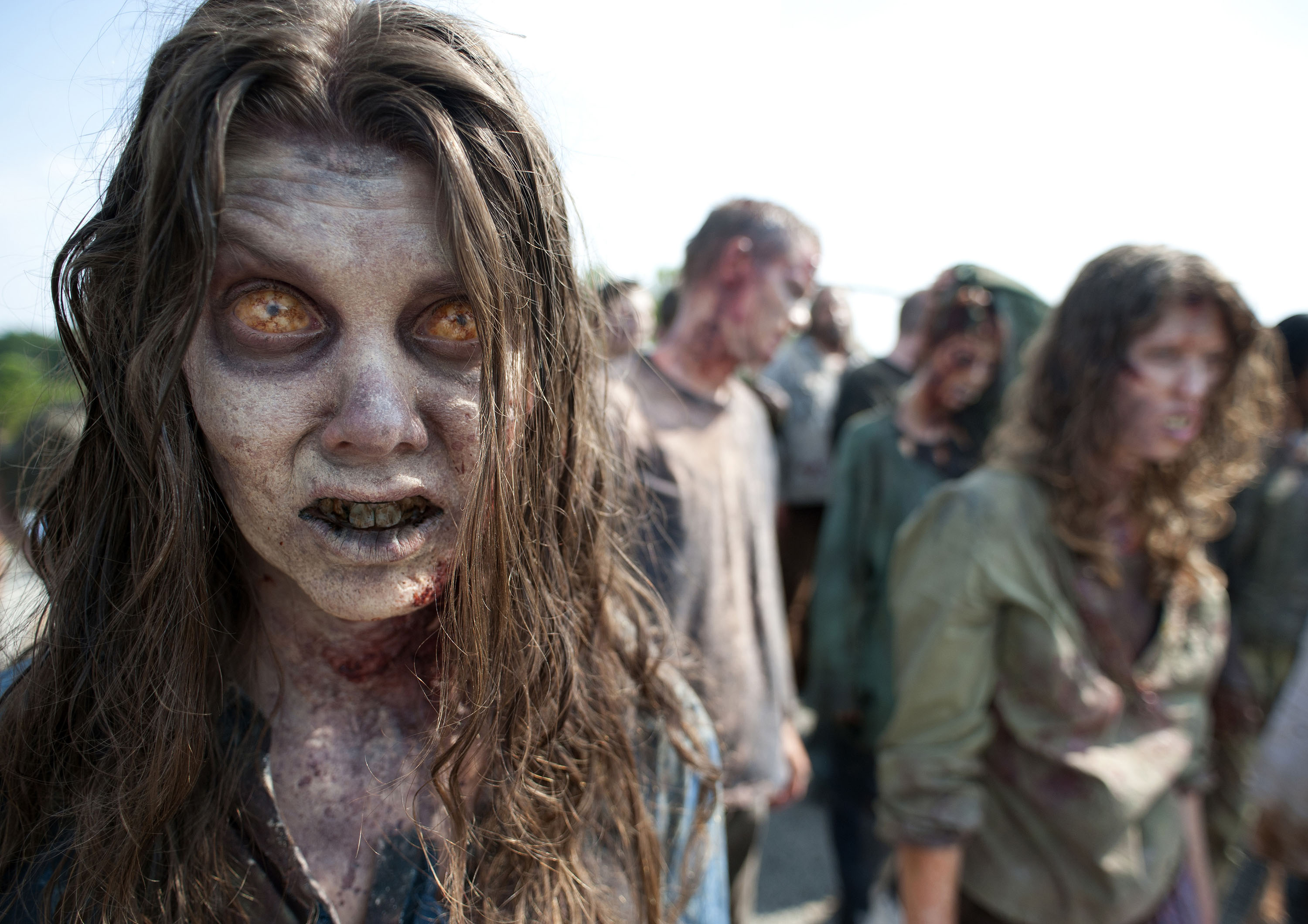I love you, but I’m not reading your YA novel. The same goes for your book about vampires or zombies. Probably not your memoirs, either, nor your volume about the best food to eat. Life is brutish and short, and I want to use the little time I have on Earth to read things that are revelatory to me. Like The Three Christs of Ypsilanti, Moravagine, The Autobiography of Alice B. Toklas, Crime and Punishment, Candide, Imagined Worlds, Sapiens, etc.
Simon Winchester told the New York Times about the reading that’s important to him and the kind unimportant. An excerpt:
Question:
Which writers — novelists, essayists, critics, journalists, poets — working today do you admire most?
Simon Winchester:
Billy Collins; Paul Muldoon; Ian Buruma; William Boyd; Simon Schama; Paul Theroux; Pico Iyer; Salman Rushdie.
Question:
What genres do you especially enjoy reading?
Simon Winchester:
I’m unashamedly drawn to tales of the remote, the lonely and the hard — like Willa Cather on Nebraska or Ivan Doig on Montana. The Icelandic Nobelist Halldor Laxness, with his “Independent People,” still is, for me, the supreme example. But I also like railway murder stories and timetable mysteries, especially those involving Inspector French and his Dublin-born creator, Freeman Wills Crofts.
Question:
And which do you avoid?
Simon Winchester:
Frankly, anything that has the name Derrida in it.
Question:
What kinds of stories are you drawn to?
Simon Winchester:
I enjoy the bizarre and the fantastic — Georges Perec’s Life: A User’s Manual, or Borges and his “Tlön, Uqbar, Orbis Tertius,” which I still think one of the cleverest things I’ve read. I also want to revive the reputation of the detective writer John Franklin Bardin, whose books are so richly insane that you feel your own sanity slipping away as you read, The Deadly Percheron being a fine instance.
Question:
And which do you avoid?
Simon Winchester:
Sensible people tell me I should like stories with zombies, but try as I might, I don’t.•


